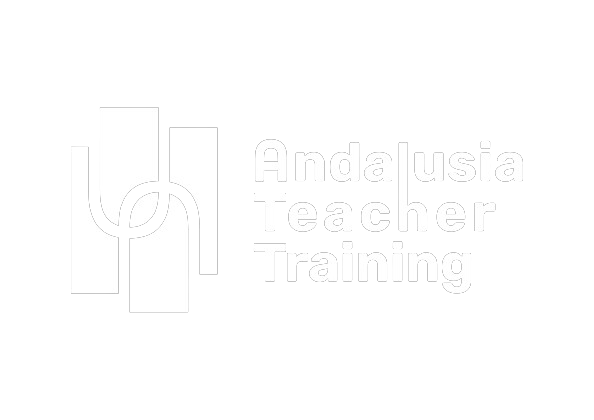
EI IN THE CLASSROOM
EMOTIONAL EDUCATION

IE + education = Emotional education
Every day, education, at its different levels and in its different spheres, confirms the need for emotional education to be established as part of the school curriculum to contribute its multiple, benefits to the training of future generations and of the teachers who accompany them in their training process. We could even point it out as a necessary knowledge to be acquired by families, so that their sons and daughters receive it from birth and throughout their lives.
Of the various definitions, we will stick with that of Bisquerra and Pérez (2012), teachers and researches at the university of Barcelona:
Emotional education is a continuous and permanent educational process that aims to promote the development, with the aim of empowering them for life and increasing personal and social well-being. Emotional competences should be understood as a type of basic life skills, essential for the integral development of the personality. They are an indispensable complement to the cognitive development on which education has focused throughout the 20th century.


7 ways to implement EI
Understanding and managing emotions
EQ enables individuals to recognise and manage their own emotions effectively, which can help them to be more empathetic.
Empathy
EQ helps individuals to put themselves in others' shoes and understand their perspectives, which can help to build trust and foster collaboration among team members.
Active Listening
EQ helps individuals to listen actively and attentively to others, which can help to create a safe space for people to share their experiences and perspectives.
Conflict Resolution
EQ enables individuals to resolve conflicts effectively by managing their own emotions and understanding others' emotions and perspectives.
Flexibility and adaptability
EQ helps individuals to be flexible and adaptable in their approach to work and to be open to new ideas and perspectives.
Leadership
EQ is a critical skill for leaders who want to create more diverse and inclusive organizations.
Innovation
EQ helps individuals to think creatively and develop innovative solutions that meet the needs of diverse stakeholders.
EDUCATIONAL COACHING
Descriptions
Participants will identify their personal needs, strengths, and goals as teachers, explore their communication and teaching styles and create goals and strategies for change and growth where it is needed.
Through practical and experiential activities, course members will deepen their own selfawareness, empathy, and social skills, which will enrich their own Social and Emotional Intelligence. Concrete tools and strategies for conflict management, stress reduction, and resilience will empower the group to not only do SEL activities but to be an SEL educator.
Each participant will develop their own course of action for promoting SEL in their school, through reflection, experience, sharing, and creating the path that best fits their unique school community, in a highly interactive, engaging learning experience.
Learning outcomes
- Gain greater emotional social literacy
- Experience a Social Emotional Learning enviroment first-hand
- Increase self-awareness, empathy, resilience and assertiveness
- Implement strategies for effective communication in a tailor-made program to bring home
- Enable participants to continue generating a culture of SEL in their own schools and/or organizations
Details
- One week course
- Starting from 480€
- Min. 4 - max. 14 participants
- Certificate of attendance included (80% of attendance required)
- Available in Córdoba
- Also available in Spanish
Itinerary
- Introduction and welcome
- CHECK IN. Emotions, expectations and focus.
- The Triune brain
- Emotions and emotional states
- Emotions in the decision
- Making Process.
- Emotional Coherence
- Personal Moral Code. Our values
THE FOUR SCENARIOS. BLOCKAGES
- Result orientation
- Resources
- Motivation and responsibility
- Strategies
- Emotions, beliefs and stereotypes
- Limiting and empowering beliefs
- The Pygmalion and Galatea Effect
- Dismantling limiting beliefs
- Individual and group motivation
- Activation and motivation dynamics
Get in touch
Contact us
Send us a message and we will clarify any doubts you have about our courses.
